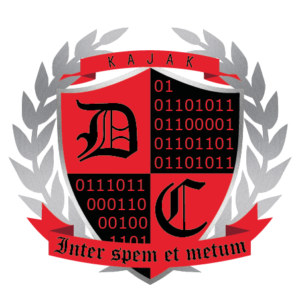Sources :
https://www.cloudandheat.com/en/index.html
http://www.fastcoexist.com/3039022/this-german-data-center-wants-to-heat-your-house-with-its-servers
http://bigthink.com/design-for-good/let-the-could-heat-your-home
https://www.youtube.com/watch?v=jwtnqKNuNAY
We all know, that cooling down datacenters is very expensive since 90% of Datacenters heat is extra. It’s said to cover ⅓ of Datacenters electrical bill and in such state can cost millions. Few companies and startups have gotten very innovative idea to deal with the problem. By letting households ‘’adopt’’ servers to their homes we can use the side product heating to heat peoples homes. This works by installing individual servers to consumers home and when that servers computing is used in cloud it produces heat replacing the traditional radiator. Well what then, when there isn’t anything running on the server? The solution comes from dummy equations, which the servers calculate to keep heating stable instead of spiking randomly.
Compared to traditional datacenter, this approach have of course some drawbacks. When servers are distributed various locations around, maintenance crew have to travel to every location for hardware changes, to check failures, etc. Distributing servers adds some latency to network connection compared to centralized datacenter. And of course the server location must have sufficient network connection for server and residents own network needs. Despite these negative affections, distributed datacenter is really interesting method for smarter use of energy and building greener datacenters.
At KAMK, Kajaani university of applied sciences, we’re at the moment researching this phenomenon by taking a greenhouse, stuffing it full with datacenter hardware and sensors and then by keeping the servers on 24/7 we could start growing something like chili which was done in Helsinki. This is done by the same heat side production datacenters cause and is carefully monitored by the students. This way we’re able to get in depth data about the data center heating and we can research methods and ways to lessen this or make it usable for something else like in this instance household warming or chili.








